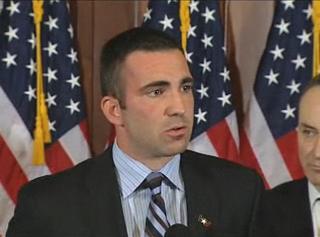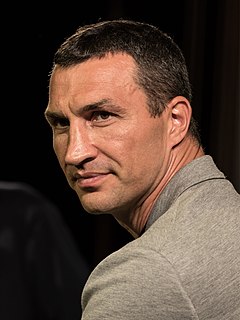A Quote by Phil Klay
I have friends with post-traumatic stress - friends with post-traumatic stress who are, you know, highly successful, capable people.
Related Quotes
There`s three sort of fundamental things that happen when someone`s suffering from these issues [post-traumatic stress disorder ]. First, they get intrusive thoughts.The second issue is you become startled quickly.And the third key point is it`s avoidance.Those are the three sort of pillar fundamentals of what we consider post-traumatic stress, not violence against someone who`s close to you. There`s just a huge misunderstanding.



































